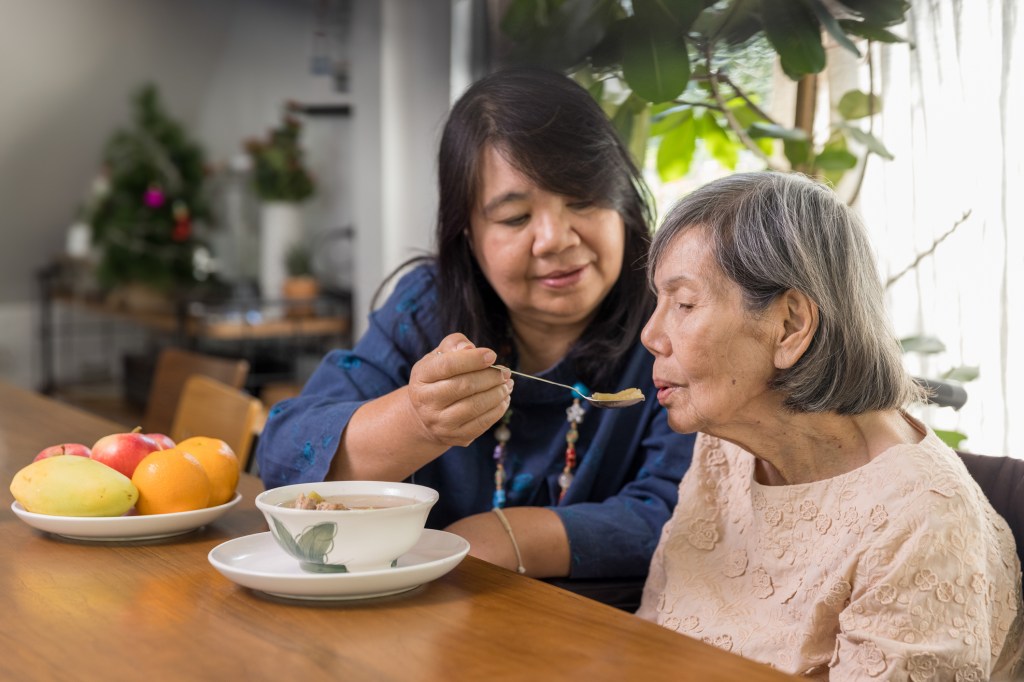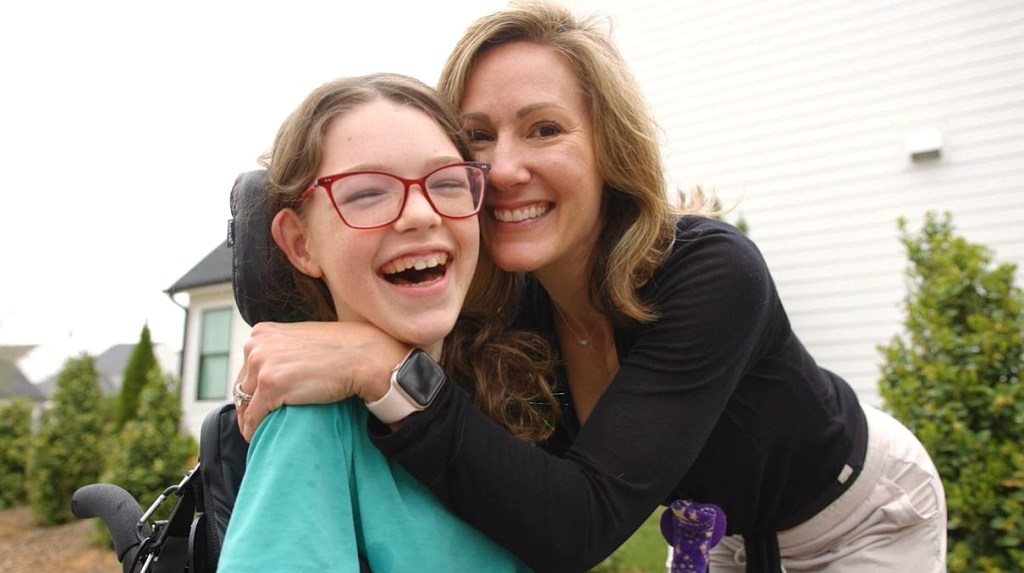The danger of caregiver burden
Seniorlink’s new VOICE for Dementia Care Program was highlighted as a solution to reducing caregiver burden symptoms in Stria this week. Activating family caregivers allows them to feel more confident in their caregiving duties, which decreases hospitalizations.
Via Stria:
“With VOICE, families are connected with professional coaches to improve their caregiving skills through established behavioral science and proven caregiver engagement techniques. Jay V. Patel, Clinical Transformation Officer at Seniorlink said the program can “build trusted relationships with caregivers and existing care teams, meeting caregivers where they are in their knowledge, communication, confidence and care skills.”
Seniorlink found many positive outcomes to their pilot program including: improved caregiver confidence, a decrease in hospitalizations, and most notably, a 51 percent drop in emergency room visits.
In addition to helping caregivers learn how to reduce their burden, we should also consider ways to support care recipients. The University of Pittsburgh study showed that as the needs of older adults increased, their feelings of being a burden did as well. Care recipients need tools and strategies to solicit more help.
Asking for help may feel burdensome, but Tumlinson explains that the opposite may be true. “An effort to not be a burden often creates more stress for the caregiver.”‘
To read the full article, click here!
More insights like this:
-

What is the South Dakota Medicaid HOPE Waiver?
Read more: What is the South Dakota Medicaid HOPE Waiver?The Home and Community-Based Options and Person Centered Excellence (HOPE) Waiver is a Medicaid waiver program supporting care for nursing home-eligible individuals in non-nursing home settings with the goal of reducing costs. The program makes it possible for qualifying elderly recipients to remain in community settings, such as their own homes or independent…
-

Get Paid to Be a Caregiver Through Connecticut Medicaid
Read more: Get Paid to Be a Caregiver Through Connecticut MedicaidFamily caregivers improve the quality of life and well-being of their loved ones across Connecticut. They often provide around-the-clock care at home including hands-on support with activities of daily living (ADLs), all while ensuring the health and safety of their loved one. Many caregivers don’t realize they can receive payment and support for…
